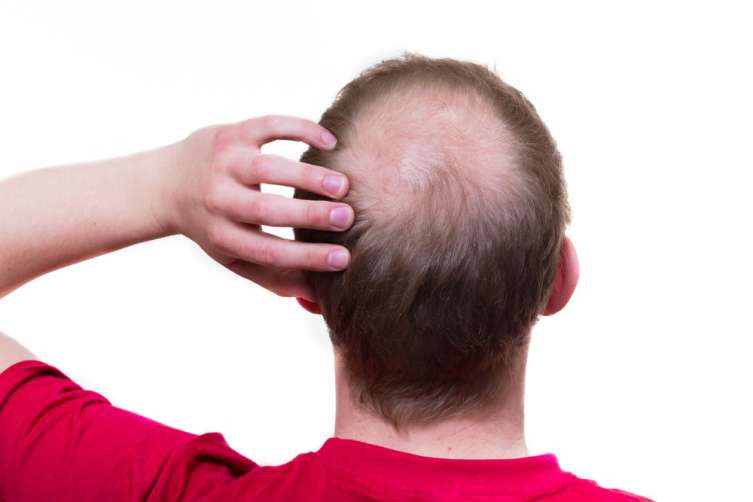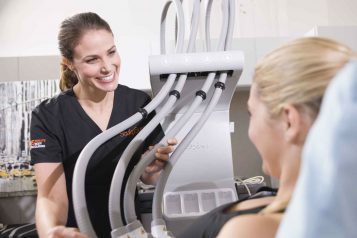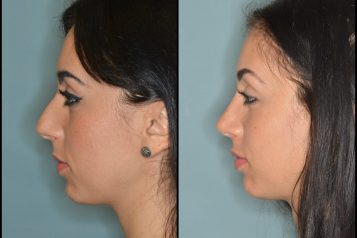Statistics have shown that the demand for hair transplant procedures in both men and women has risen dramatically in recent years. Newer techniques and refinements to the surgery have allowed for better results and a faster recovery. With the demand for more hair transplant procedures, there has been an increased supply of facilities offering the procedure. With many clinics getting into hair transplant, it is more important than ever to ask the right questions and look for the right things that will guide you to the surgeon that will give you the best possible results.
Hair transplant is a challenging procedure, not as much from the technical standpoint as it is from the artistic standpoint. It is an extremely meticulous procedure where the hair needs to be properly oriented so that the results are very natural appearing. Proper techniques need to be employed to ensure the best results. What makes for the most natural-appearing results is the proper angulation and direction of the hair growth. The transplanted hair follicles need to be angled and directed in the same manner as the pre-existing hair to ensure the best results.
The team surrounding the hair transplant surgeon is a critical part of the procedure. There are a lot of moving parts in hair transplantation related to the preparation of the grafts, the dissection of the grafts, etc. It is a procedure, which demands a dedicated team of assistants to ensure consistently great results. However, the most important part that determines 100% of the aesthetic result is creation of the recipient sites – the very small holes that determine the density, angulation, pattern and orientation of how the hairs will look when they grow out. This must be done with great care and a bit of artistry to get results that look natural.
Most importantly, be sure that your hair transplant surgeon is well-trained and qualified. Look for proper certification and credentialing. By choosing a surgeon that is well trained and experienced with treating hair loss, you will also be advised to some non-surgical options on preventing further hair loss. Since hair transplant procedures are permanent, the happiest patients are those that also take measures to stop or slow down the progression of their natural hair loss.
For more information, contact us at our office to schedule a consultation: Dr. Anthony Bared (800) 943-7295
For more information, visit Dr. Brian A. Levine's social media:


























